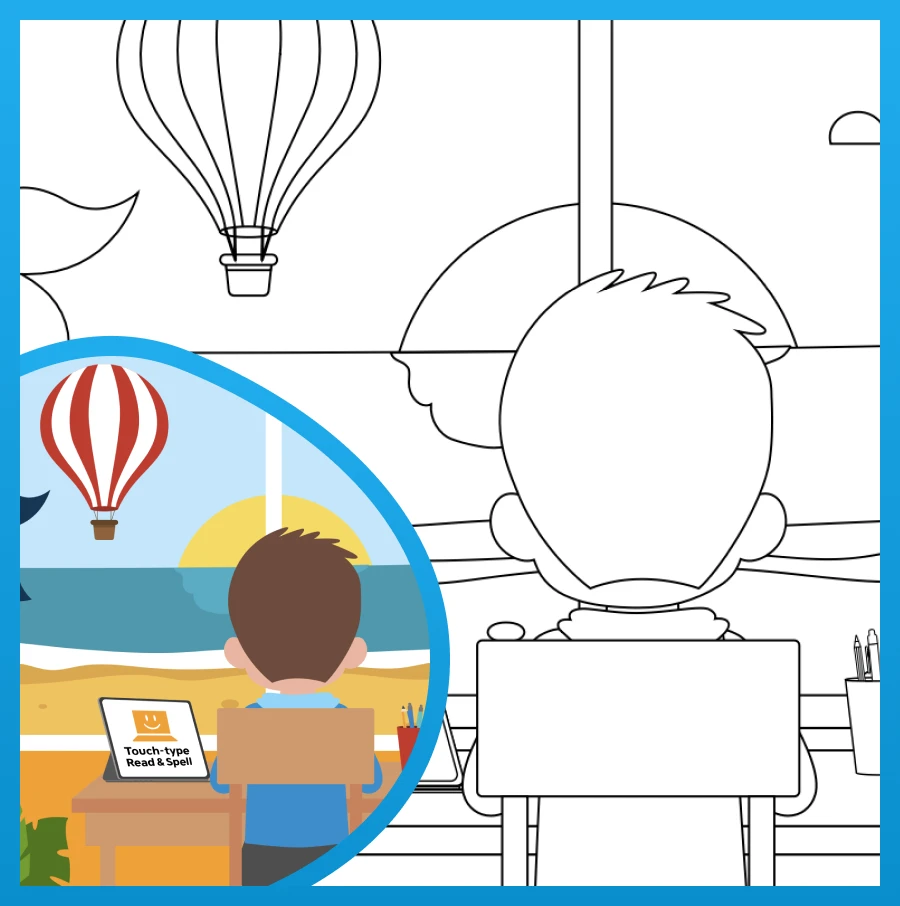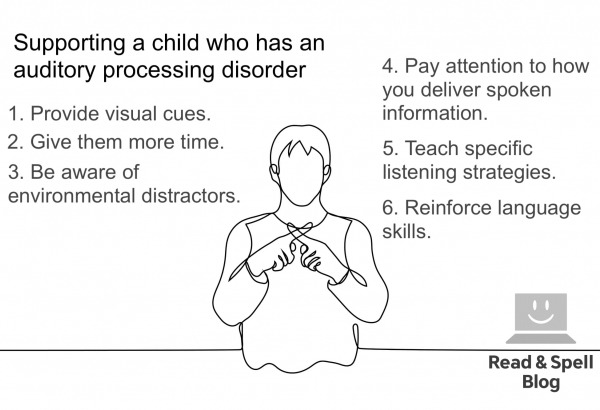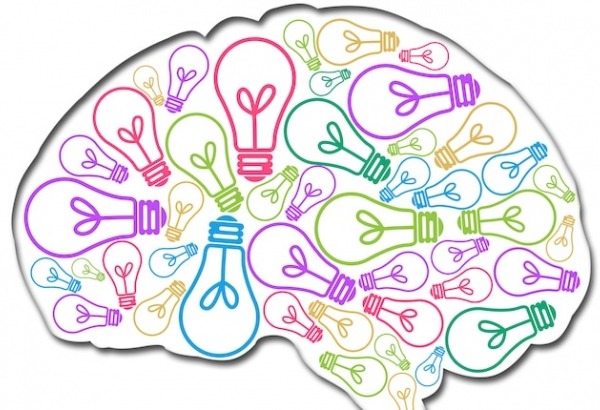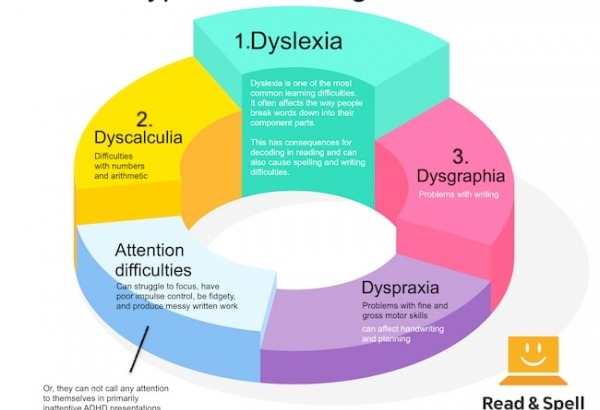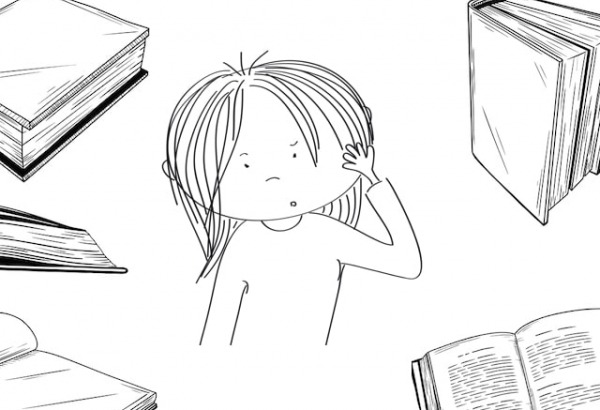Encouraging children with learning difficulties

Specific learning difficulties like dyslexia, dysgraphia and dyscalculia can make it difficult and sometimes impossible for a child to achieve the same results as his or her peers in a traditional classroom setting. Some children face a constant struggle with reading and writing and many are at risk for developing low self-esteem, particularly when their condition goes undiagnosed and/or untreated.
The thing to remember is that there are alternative learning approaches, strategies, and tools that can help students with learning difficulties achieve their full potential at school. Moreover, a positive attitude and plenty of encouragement from parents and teachers can do wonders when it comes to inspiring these children to stay motivated and persevere.
Imagine the frustration you might feel if you spent all night studying for an exam and still received a poor mark, despite your best efforts. In the case of a child with dyslexia, he or she might spell a word correctly one day and incorrectly the next or struggle to get through the assigned reading. Dysgraphia can make it painful to hold a pen or pencil so that even writing a short paragraph by hand is a challenge.
It’s important for parents and teachers to understand that no two individuals with a learning difficulty will be affected in exactly the same way. The impact may be moderate or severe with symptoms often starting to show when a child begins learning how to read and write.
Some learning difficulties can also co-present with motor skills difficulties like dyspraxia, or attention difficulties like ADHD. It's not unheard of that a child who has ADHD is labeled as lazy, accused of not paying attention in class and/or disciplined for being disruptive in school. The child may have a learning difficulty but it isn't picked up by teachers or parents.
When a condition goes undiagnosed, children are at risk of falling behind. What’s worse, consistently underperforming, feeling uncomfortable in front of peers and receiving negative attention from parents and teachers can cause an otherwise highly motivated child to lose interest in school. He or she may develop a poor self-image that can lead to emotional issues in and outside of the classroom.
Encouragement and self-directed learning
With every learning difficulty comes different challenges; that’s why parents and teachers can benefit from getting to know what kind of academic and emotional support is needed. Introducing children to the strategies and coping skills they need to be successful is a good start, but it’s also crucial to encourage a healthy self-image and foster confidence by nurturing self-directed learning.
By self-directed learning, we mean allowing the individual to be responsible for certain aspects of the learning including how much material is covered in a session and how much time is spent on a given unit.
Modular courses in which learning is broken down into small sections are helpful in this respect because they allow children to proceed at a pace that is right for them, repeating material and reviewing when necessary.
Keeping track of their progress, setting goals and working towards them, and prioritizing different aspects of their studies, are important skills for a child to develop. With more responsibility comes pride in achievement and a boost in self-esteem and confidence. Learn more about building students’ self-esteem and self-confidence in these posts.

Tips for educators & parents
-
Praise effort over performance. Children with learning difficulties may not always achieve the best grades, but if they’ve put in a lot of effort, it deserves recognition. Teachers may wish to focus on the child’s study strategy or approach to the assignment. Did they make flashcards, spend time in the library researching, work on drafts or incorporate feedback from past assignments? It can take a lot of courage to try a new approach and it’s important to keep them motivated regardless of the outcome in terms of percentages and grades.
-
Put things in perspective. To children with specific learning difficulties, it can seem like achieving a perfect score on an assessment measure is a near impossible goal. Remind them that perfection isn’t important and mistakes are a part of learning. When a child begins to embrace his or her mistakes and use them to guide more targeted study, he or she is less likely to attribute errors to any personal failings or deficits. This makes it easier to maintain a positive and healthy self-image.
-
Share your own experience. Children can benefit from anecdotes that help them relate to different aspects of the learning process. Teachers might explain how they dealt with their least favorite subjects or worked around material that proved particularly challenging. Sharing your experience helps to cement a bond with a child, making it more likely they will open up to you about their feelings.
-
Keep them motivated. It can be hard to motivate a child to learn when he or she feels inferior in a particular subject area. That’s why it’s useful to choose lesson topics that are already of interest to a child. Explain why a particular task is worth doing and allow them a measure of choice in how or what they study. You might also devise reward schemes or plan your day so that fun activities are used to break up more challenging tasks. Learn more about motivation and motivating children to read.
-
Give them time. It can take time for an intervention to work and for new strategies and skills to be acquired. Focus on long-term goals and break larger tasks down into milestones that can be spaced out over a period of time. Remind students that effort and approach count more than the time taken to complete something.
Provide inspirational role models.
There are plenty of success stories of famous figures, including athletes, politicians and celebrities, who have worked hard to overcome the challenges posed by learning difficulties. Pick up a biography or find a video about someone you think the child will relate to and go through it together.
Discuss the individual’s path to success and have the child identify several strategies that he or she may be able to benefit from.
Specific learning difficulties
Referred to as specific learning difficulties and differences in the UK, and learning disabilities in the US, these are conditions that affect the way in which an individual learns.
Learning difficulties are not a reflection of intelligence but they often get in the way of academic achievement and can result in feelings of frustration, anxiety and embarrassment for a child who is less able to progress at the same rate as his or her peers in a conventional classroom setting.
Dyslexia
A language based disorder that affects up to 10% of the population in the US and other countries worldwide, people who have dyslexia may struggle to break words down into their component sounds. This can affect reading ability when it comes to decoding, and make spelling more challenging. Learn more about dyslexia.
Dysgraphia
It can be painful for children with dysgraphia to write using pens and pencils and often there is difficulty forming letters, spacing words and generally composing written work by hand. Kids with dysgraphia almost always benefit from using a computer to produce written assignments.
Other issues that can affect learning
ADHD
An umbrella term used for attention difficulties with and without hyperactivity, children with ADHD may have a hard time keeping their attention focused on the task at hand. Written work may be messy, and there can be behavioral aspects such as disruption or impulsivity in the classroom to deal with. For some individuals with ADHD, there is a strong need to move around and expend extra energy between lessons. Learn more about strategies for helping children with ADHD.
Processing Speed
A child with slow processing speed may have a difficult time following instructions and need more time to understand something. It can help to repeat information and present it in alternative ways.
Dyspraxia
While it is not a learning difficulty, dyspraxia can affect planning skills and fine motor skills in a similar way to dysgraphia. It is often recommended that students with dyspraxia be allowed to type assignments on a computer. Learn more about helping dyspraxic children in the classroom.

Additional resources
Many children with learning difficulties can benefit from working through a computer course that supports literacy and teaches them a new skill, particularly one that will help them on written assignments and standardized tests.
Touch-type Read and Spell is a dyslexia-friendly touch-typing course that takes a multi-sensory approach to teaching keyboarding.
As the course is modular, students move through the program at a pace that is right for them, repeating lessons when they feel extra support is necessary. They can also go back to review previous units at any time. There is plenty of built in positive feedback and there are a variety of possible adjustments to display. Fully customizable settings means the course can meet the needs of children with different specific learning difficulties.
Often a child who has been unsuccessful in other areas of school but is able to learn typing will come away with a sense of pride and achievement that does wonders in encouraging confidence and building self-esteem.
For teachers
TTRS is a program designed to support educators in teaching students touch-typing, with additional emphasis on reading and spelling.
Chris Freeman

close
Can an Orton-Gillingham approach to literacy help your child?
Take a short quiz to find out!
TTRS has a solution for you
An award-winning, multi-sensory course that teaches typing, reading and spelling
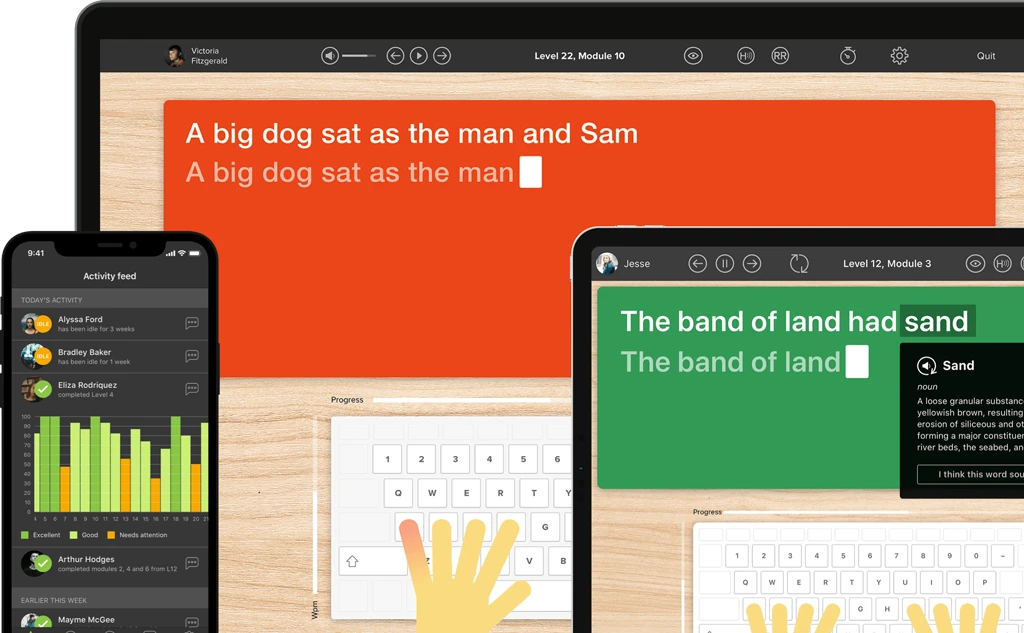
How does TTRS work?
Developed in line with language and education research
Teaches typing using a multi-sensory approach
The course is modular in design and easy to navigate
Includes school and personal interest subjects
Positive feedback and positive reinforcement
Reporting features help you monitor usage and progress




